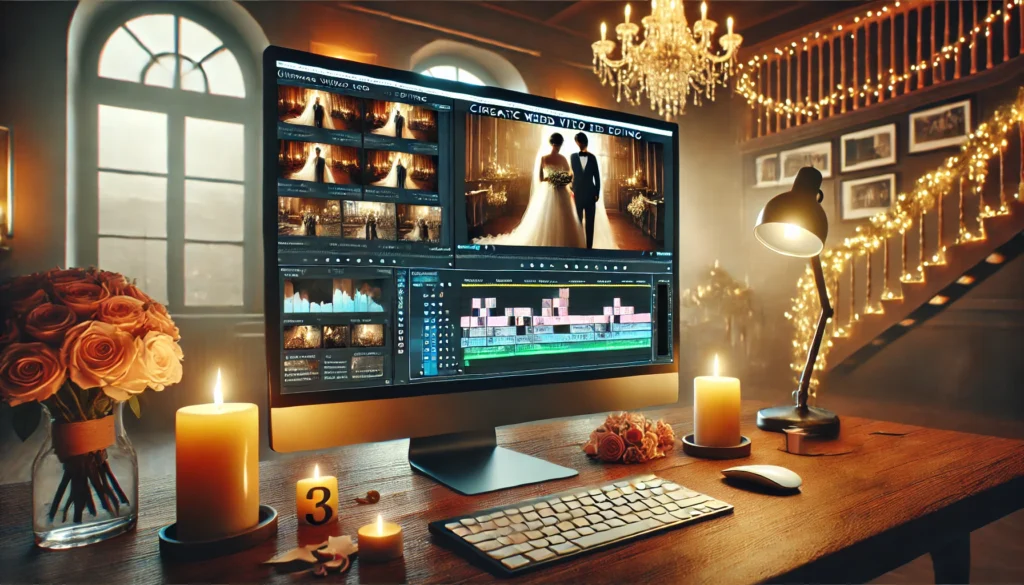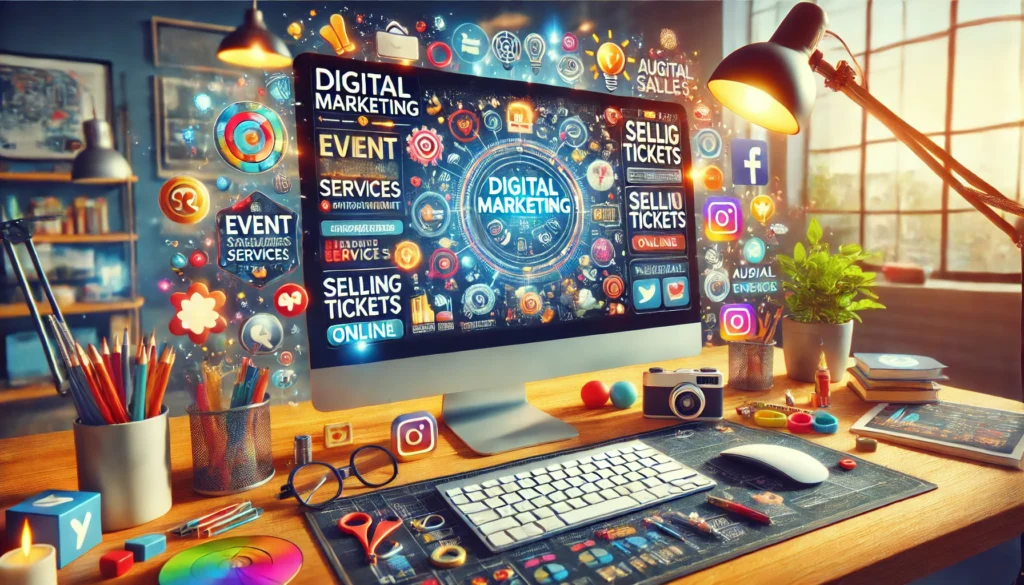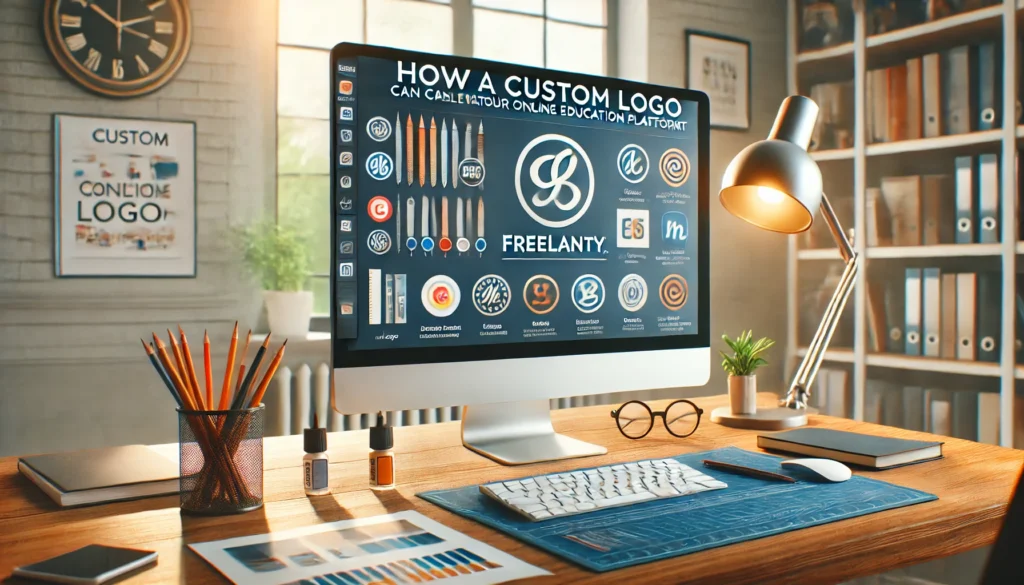







In the dynamic world of event planning and entertainment, digital marketing has become an essential tool for promoting services, selling tickets, and engaging with audiences. Whether you’re an event planner, a venue manager, or an entertainer, mastering digital marketing strategies is key to reaching your target audience and achieving business success. This article explores how to leverage digital marketing effectively, focusing on social media marketing, SEO, content creation, and paid advertising to boost your event business.
Digital marketing enables event planners and entertainers to expand their reach far beyond traditional marketing methods. With the right strategies, you can connect with a global audience, promote your events, and attract attendees from different regions. Social media platforms, search engines, and online advertising channels offer unparalleled opportunities to reach potential clients, fans, and event-goers who are actively searching for experiences like yours.
For any event, selling tickets is the primary goal, and digital marketing plays a crucial role in driving ticket sales. By using targeted ads, email marketing campaigns, and engaging content, you can encourage potential attendees to purchase tickets directly from your website or event page. Additionally, digital marketing allows you to retarget users who have shown interest but haven’t yet completed their purchase, increasing the likelihood of conversions.
Building brand awareness is essential for event planners, venues, and entertainers looking to stand out in a crowded market. Digital marketing helps you create a strong online presence, showcase your unique offerings, and establish your brand as a leader in the industry. Through consistent branding, engaging content, and positive customer interactions, you can build a loyal following and generate buzz around your events.
Choosing the right social media platforms is crucial for effectively reaching your target audience in the event and entertainment industry. For event planners and entertainers, Instagram and Facebook are particularly effective due to their visual nature and large user base. Instagram allows you to showcase event highlights, share behind-the-scenes content, and engage with followers through stories and reels. Facebook offers robust advertising options and the ability to create event pages and groups. Additionally, platforms like Twitter are great for real-time updates and engagement, while LinkedIn can be valuable for networking and promoting corporate events.
To keep your audience engaged on social media, share a variety of content that showcases your events and services. Post high-quality images and videos of past events, promotional flyers, behind-the-scenes looks at event preparations, and live updates during events. Use Instagram Stories or Facebook Live to host Q&A sessions with event planners, entertainers, or venue managers, or to give followers a sneak peek of what’s to come. Interactive content, such as polls, contests, and giveaways, can also boost engagement and encourage your followers to participate in your events.
Promoting your events on social media is essential for driving attendance and generating excitement. Create event pages on platforms like Facebook and Eventbrite, and share them across your social media channels. Use hashtags related to your event and industry to increase visibility and reach a broader audience. Consider using paid social media ads to target specific demographics, such as location, age, and interests, to reach potential attendees who are most likely to be interested in your event.
Collaborating with influencers can help you reach new audiences and build credibility in the event and entertainment industry. Identify influencers who align with your brand and whose followers match your target market. Influencer partnerships can include sponsored posts, event promotions, or social media takeovers where the influencer shares content related to your event. Influencers can amplify your message and encourage their followers to attend your events, making them a valuable asset in your digital marketing strategy.
Keyword research is the foundation of any successful SEO strategy. For event planners and entertainers, it’s important to identify the specific terms potential attendees use when searching for events or services like yours. This might include keywords related to your event type, location, or entertainment offerings. Use tools like Google Keyword Planner, Ahrefs, or SEMrush to find high-volume, low-competition keywords that are relevant to your business. Incorporate these keywords into your website content, event pages, and meta tags to improve your search engine rankings.
On-page SEO involves optimizing individual pages on your website to rank higher in search engine results. For event planners and entertainers, this includes using relevant keywords in titles, meta descriptions, headers, and content. Ensure that your website’s URLs are clean and include target keywords. Additionally, optimize images with descriptive alt texts and maintain a logical site structure that makes it easy for both users and search engines to navigate your site.
Local SEO is crucial for event planners and venues that want to attract attendees from specific geographic areas. Optimize your website for local search terms, such as “concert venues in [city]” or “event planners near me.” Claim and optimize your Google My Business profile with accurate business information, including your address, phone number, hours of operation, and event listings. This will help your business appear in local search results and Google Maps, driving more local traffic to your site.
With more people searching for events on mobile devices, optimizing your website for mobile is essential. A mobile-friendly website should load quickly, be easy to navigate, and display content clearly on smaller screens. Ensure that your event pages and ticket purchase options are mobile-friendly, making it easy for attendees to buy tickets or register for events directly from their smartphones. Mobile optimization not only improves user experience but also boosts your chances of ranking higher in mobile search results.
Blogging is a powerful tool for event planners and entertainers to share valuable information, improve SEO, and engage with potential attendees. Blog posts can cover topics like event planning tips, entertainment trends, behind-the-scenes stories, and recaps of past events. Regularly updating a blog with informative and engaging content helps attract visitors to your website, showcases your expertise, and improves your visibility in search engines.
Video content is highly engaging and can effectively showcase your events and services. Create videos that highlight past events, provide event planning tips, or share testimonials from attendees and clients. For entertainers, consider creating performance videos, behind-the-scenes footage, or promotional clips for upcoming shows. Videos can be shared on your website, YouTube, and social media, reaching a broader audience and making your brand more accessible.
Sharing behind-the-scenes content is a great way to build anticipation and give your audience a glimpse into the effort and creativity that goes into planning an event. Post photos or videos of the setup process, rehearsals, or team members preparing for the event. Behind-the-scenes content adds a personal touch to your brand, making your audience feel more connected to your events and more likely to attend.
Customer testimonials are a powerful form of content marketing that can build trust and credibility with potential attendees. Highlight specific attendees or clients who have had positive experiences with your events, detailing their journey, challenges, and outcomes. Testimonials provide social proof that your events are enjoyable and well-executed, helping to attract new attendees who are motivated by similar experiences. Feature these testimonials on your website, in your marketing materials, and across your social media channels.
Building a robust email list is essential for maintaining ongoing communication with potential attendees, clients, and fans. Collect email addresses through your website, social media channels, and in-person events. Offer valuable incentives, such as early access to tickets, exclusive content, or event discounts, to encourage visitors to subscribe to your email list.
Email marketing is an effective way to promote your events and drive ticket sales. Create targeted email campaigns leading up to your event, including details about the event, featured performers or speakers, and ticket purchase links. Use segmentation to send personalized emails based on the recipient’s interests or past event attendance. For example, you might send a special offer to subscribers who attended a similar event in the past, encouraging them to return.
Personalization is key to effective email marketing. Use data from your CRM system to segment your email list based on attendee behavior, preferences, and past interactions. Send targeted emails that address specific needs and interests. For example, you might send personalized reminders to subscribers who have shown interest in an event but haven’t yet purchased tickets. Personalized communication helps build stronger relationships with your audience and increases the likelihood of conversions.
Following up with attendees after your event is a great way to gather feedback, encourage repeat attendance, and generate positive reviews. Send a follow-up email thanking attendees for their participation and inviting them to share their experience on social media or review platforms. Consider offering a discount or early access to tickets for your next event to incentivize future attendance. Post-event follow-ups not only help build long-term relationships with attendees but also provide valuable insights into their experiences.
Google Ads is a powerful tool for event planners and entertainers looking to attract more attendees. With Google Ads, your event can appear at the top of search results when potential attendees search for events like yours. Use relevant keywords, such as “live music in [city]” or “wedding planners near me,” to target your ads. Google Ads also offers advanced targeting options, allowing you to reach specific audiences based on location, device, and search intent. This ensures that your ads are seen by the most relevant attendees, increasing the likelihood of ticket sales.
Social media ads allow you to reach a targeted audience on platforms like Facebook, Instagram, and LinkedIn. These platforms offer robust advertising options that enable you to target specific demographics, such as age, location, interests, and event preferences. Use social media ads to promote upcoming events, share promotional videos, or highlight special offers. Include clear calls to action (CTAs) in your ads to encourage potential attendees to buy tickets, RSVP, or learn more about your event.
Retargeting, also known as remarketing, is a strategy that allows you to re-engage with users who have previously visited your website but didn’t take action. By displaying targeted ads to these users as they browse other websites or social media platforms, you can remind them of your event and encourage them to return to your site to complete their purchase. Retargeting is particularly effective for events, where the decision to attend often involves consideration and planning.
When budgeting for paid advertising, it’s important to consider the potential ROI. Start with a budget that aligns with your overall marketing goals, and monitor the performance of your campaigns closely. Track metrics such as CTR, CPC, and conversion rates to determine the effectiveness of your ads. Adjust your budget and targeting as needed to maximize your ROI and drive more attendees to your events.
Your website is the foundation of your online presence. It should be professionally designed, easy to navigate, and optimized for search engines. Include detailed information about your events, services, and team, as well as high-quality images and videos. Ensure that your contact information is easily accessible and that attendees can quickly find the information they need. Additionally, consider integrating an online ticketing system to allow attendees to purchase tickets directly through your website.
With more people searching for events on mobile devices, optimizing your website for mobile is essential. A mobile-friendly website should load quickly, be easy to navigate, and display content clearly on smaller screens. Ensure that your event pages and ticket purchase options are mobile-friendly, making it easy for attendees to buy tickets or register for events directly from their smartphones.
Online reviews and testimonials are critical components of your event business’s online reputation. Positive reviews can significantly influence potential attendees’ decisions when choosing an event to attend. Encourage satisfied attendees to leave reviews on platforms like Google, Yelp, and Facebook. Display these testimonials prominently on your website to build trust with potential attendees. Additionally, respond to reviews, both positive and negative, to show that you value feedback and are committed to providing excellent experiences.
To measure the success of your digital marketing efforts, track key metrics such as website traffic, conversion rates, bounce rates, and ticket sales. For SEO, monitor your search rankings, organic traffic, and keyword performance. For PPC campaigns, track metrics like CTR, CPC, and ROI. On social media, track engagement metrics like likes, shares, comments, and follower growth.
Several tools can help you monitor and analyze your digital marketing performance. Google Analytics is essential for tracking website traffic and user behavior. SEO tools like Ahrefs and SEMrush provide insights into keyword rankings and backlink profiles. Social media platforms offer built-in analytics tools to monitor your posts’ performance, while PPC platforms like Google Ads and Facebook Ads Manager provide detailed insights into your ad campaigns.
Use the data you collect to make informed decisions about your digital marketing strategy. Analyze the performance of your campaigns to identify what’s working and what’s not. For example, if a particular landing page has a high bounce rate, consider revisiting the page’s design, content, or loading speed. Regularly reviewing your analytics will help you optimize your marketing efforts for better results.
With more people searching for events on mobile devices, ignoring mobile optimization can lead to a poor user experience, lower search rankings, and lost opportunities. Ensure that your website is fully responsive, loads quickly, and provides a seamless experience on mobile devices.
SEO is critical for driving organic traffic and improving your event business’s visibility online. Failing to invest in SEO can result in lower search rankings and reduced online visibility. Focus on both on-page and local SEO, and regularly update your content to keep it relevant and optimized for search engines.
Consistency in branding is crucial for building a strong online presence. Ensure that your visual and messaging style is consistent across all digital platforms, from your website to social media profiles and online ads. Inconsistent branding can confuse potential attendees and weaken your event’s impact. Develop brand guidelines to maintain consistency in all your marketing efforts.
AI and automation are transforming digital marketing in the event and entertainment industry. AI can help businesses analyze attendee data, predict trends, and personalize marketing messages. Automation tools can streamline tasks such as email marketing, social media posting, and ticket sales, allowing event planners and entertainers to focus more on delivering exceptional experiences.
The rise of virtual and hybrid events is reshaping the event industry. Virtual events allow attendees to participate from anywhere in the world, while hybrid events combine in-person and virtual experiences. Digital marketing will play a key role in promoting and managing these events, with strategies such as live streaming, interactive content, and virtual networking platforms becoming increasingly important.
Personalization will continue to be a major trend in digital marketing. Attendees expect personalized experiences tailored to their interests and preferences. Leveraging attendee data and AI-driven tools can help event planners and entertainers deliver highly personalized marketing campaigns, from tailored event recommendations to customized ticket offers.
Why is digital marketing important for the event and entertainment industry?
Digital marketing is crucial for the event and entertainment industry because it helps event planners, venues, and entertainers expand their reach, sell tickets, and engage with their audience. Effective digital marketing strategies, including social media marketing, SEO, and content creation, are essential for reaching and attracting potential attendees.
How can event planners and entertainers use SEO to attract more attendees?
Event planners and entertainers can use SEO by conducting keyword research, optimizing their website for relevant search terms, and improving on-page and local SEO. Additionally, focusing on mobile optimization can help attract attendees who search for events on their smartphones.
What are the benefits of content marketing for the event and entertainment industry?
Content marketing benefits event planners and entertainers by providing valuable information to potential attendees, improving SEO, and building brand awareness. Creating content such as blog posts, videos, and customer testimonials helps establish your business as a leader in the event industry.
How can social media marketing help event planners and entertainers build brand awareness?
Social media marketing allows event planners and entertainers to reach a broader audience, engage with followers, and showcase their events. Through organic content, paid advertising, and influencer partnerships, social media can significantly boost brand awareness and drive event attendance.
What are future trends in digital marketing for event planning and entertainment?
Future trends include the use of AI and automation for personalized marketing, the rise of virtual and hybrid events, and delivering highly personalized attendee experiences based on data-driven insights.
Digital marketing offers event planners, venues, and entertainers powerful tools to promote their services, sell tickets, and engage with their audiences. By leveraging social media marketing, SEO, content creation, and paid advertising strategies, these businesses can enhance their online presence, reach the right audience, and stay competitive in the event and entertainment industry. As the digital landscape continues to evolve, staying ahead of trends and continuously optimizing your digital marketing strategies will be key to long-term success.



Ready to take your project to the next level? At Freelanty, we connect you with talented freelancers who bring your vision to life. Contact us today and discover how we can help you succeed.